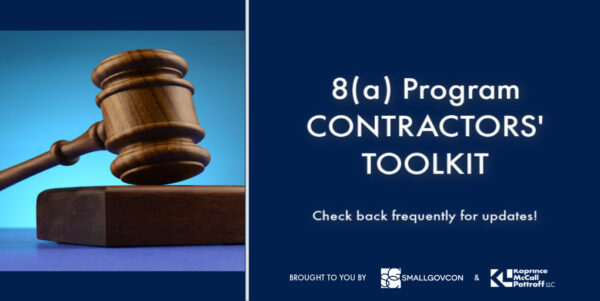Our very own Nicole Pottroff was featured in the Washington Post yesterday, in an article titled: “SBA program upended in wake of Supreme Court affirmative action ruling.” This article covers SBA’s 8(a) Program and its recent changes, as well as the federal court decisions that sparked the changes and some of the more widespread concerns moving forward. We have been fortunate enough to help countless companies get into the 8(a) Program, stay in the program, and navigate all the opportunities and benefits it has to offer. We have blogged consistently on everything from the federal court decisions at issue to the SBA’s implementation of the ordered changes to the 8(a) Program–doing our best to ensure our readers stay up-to-date on all things 8(a) in these times of uncertainty and change (a collection of all these articles can be found here).
So suffice it to say, we are excited to see the program being talked about on such a highly-esteemed, public, national forum. We are also very proud to see Nicole’s name in such a significant article on that forum. If you haven’t yet, go give it a read.

